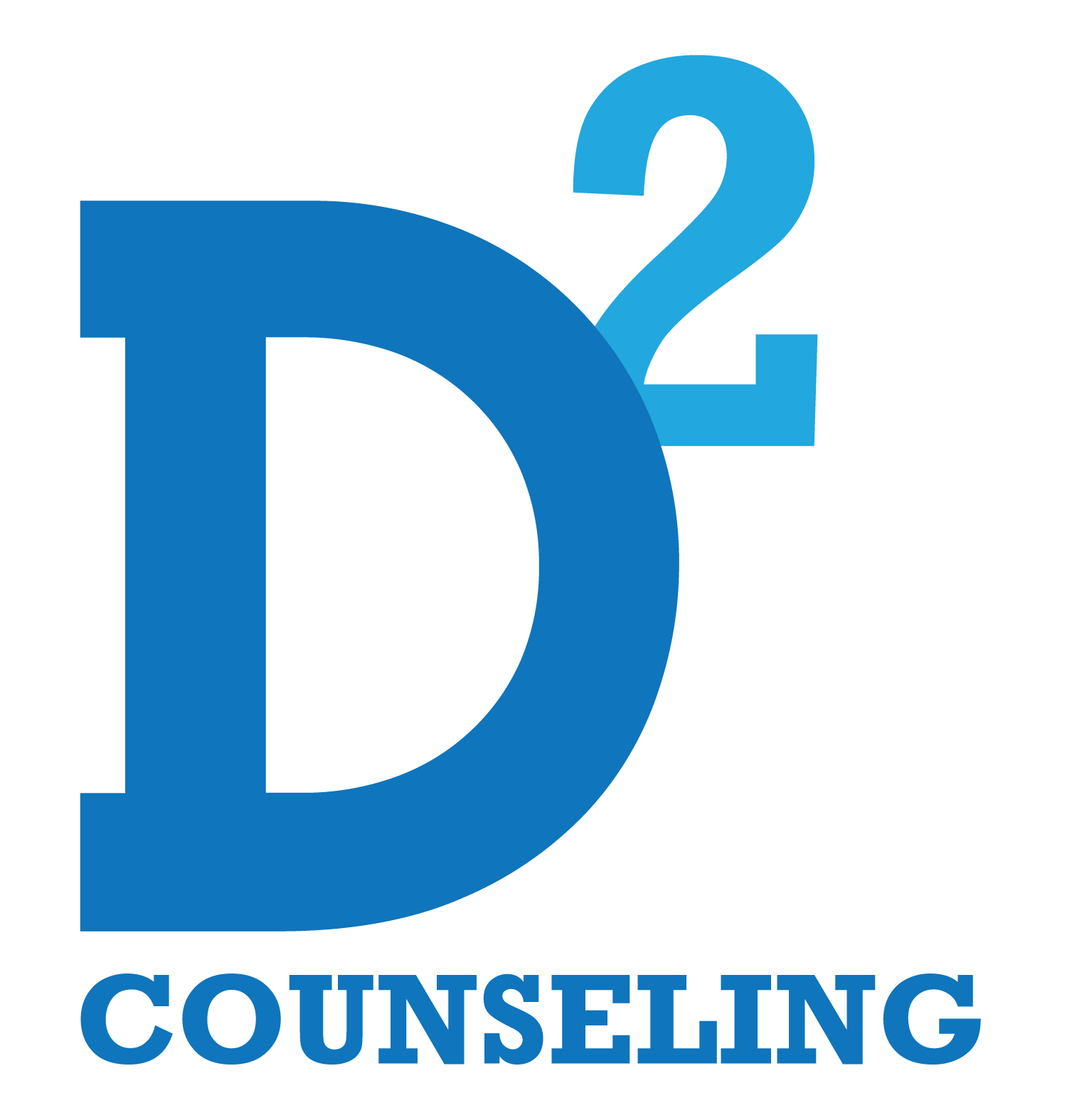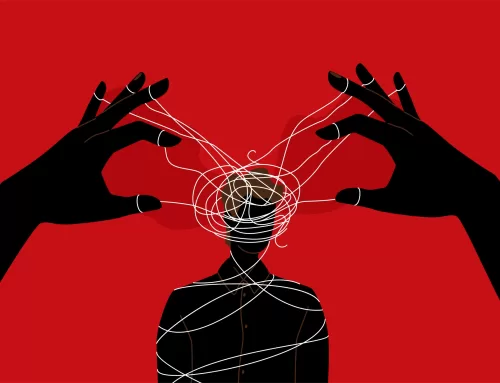Increasing numbers of people have become curious about therapy during the pandemic, but taking the steps to start treatment can be a confusing and stressful process for many.
Despite a therapist’s skill level, you will not see benefits unless you have formed a connection with them. If you aren’t able to share your deepest thoughts and truths, then you may not get to the center of the issues you are seeking to change.
So how do you go about picking the best therapist?
There are many things to look for in a therapist before reaching out to them. Therapists often share their biography online, allowing you to do some research. The highest importance is choosing a licensed mental health professional who follows a code of ethics. Credentials to look for include a licensed professional counselor (LPC), licensed master social worker (LMSW), licensed chemical dependency counselor (LCDC), or licensed psychologist (LP).
Therapists also often specialize in areas of therapy, including couples counseling, substance abuse, and trauma, and also in methods of treatment, such as Somatic Experiencing therapy and Eye Movement Desensitization and Reprocessing (EDMR). These focuses should be mentioned on their website, along with notes about what experience they have gained in their career through different positions as a counselor.
Even the most basic information in a therapist’s biography may guide you on your search. You may want to consider your own age, gender, religion, and more. For example, would you feel more comfortable with someone closer to your age or older? Would you feel more open speaking with someone who is religious?
Many therapists also offer communication via email or a short phone call before scheduling an appointment to further assess if they would be a good match for you. A therapist that connected well with one person may not work for you, so it’s important to consider your own needs and wants.
This connection or relationship with your therapist is called the “therapeutic alliance,” and research shows that the therapeutic alliance is an essential factor in seeing a positive change from therapy. That success can depend on other factors as well, including if the therapist and client are aligned on goals and methods, good communication, mutual respect, and a willingness to work together.
It’s also common to feel confused about what the first session with a new therapist may be like. How can you dive straight into your personal struggles and deepest thoughts with a stranger? However, those types of conversations come about naturally over time. The very first session may vary depending on the therapist and whether the appointment is in person or not. Your therapist may first explain some basic information about how the sessions will go and have forms to sign. They may ask you questions about your background, previous issues with mental health, and current problems you may be having. Together, you will work on creating your overall goals for your time working together.
You can also ask the therapist questions of your own. You may inquire about how they help new clients feel at ease or how they go about helping people with similar struggles.
At D2 Counseling, therapists work in collaboration with their clients to form a strong therapeutic alliance, helping increase self-awareness, learn new tools, and build strength and confidence. Reach out today to discuss which of D2 Counseling’s trained therapists may be the right fit for your needs.




